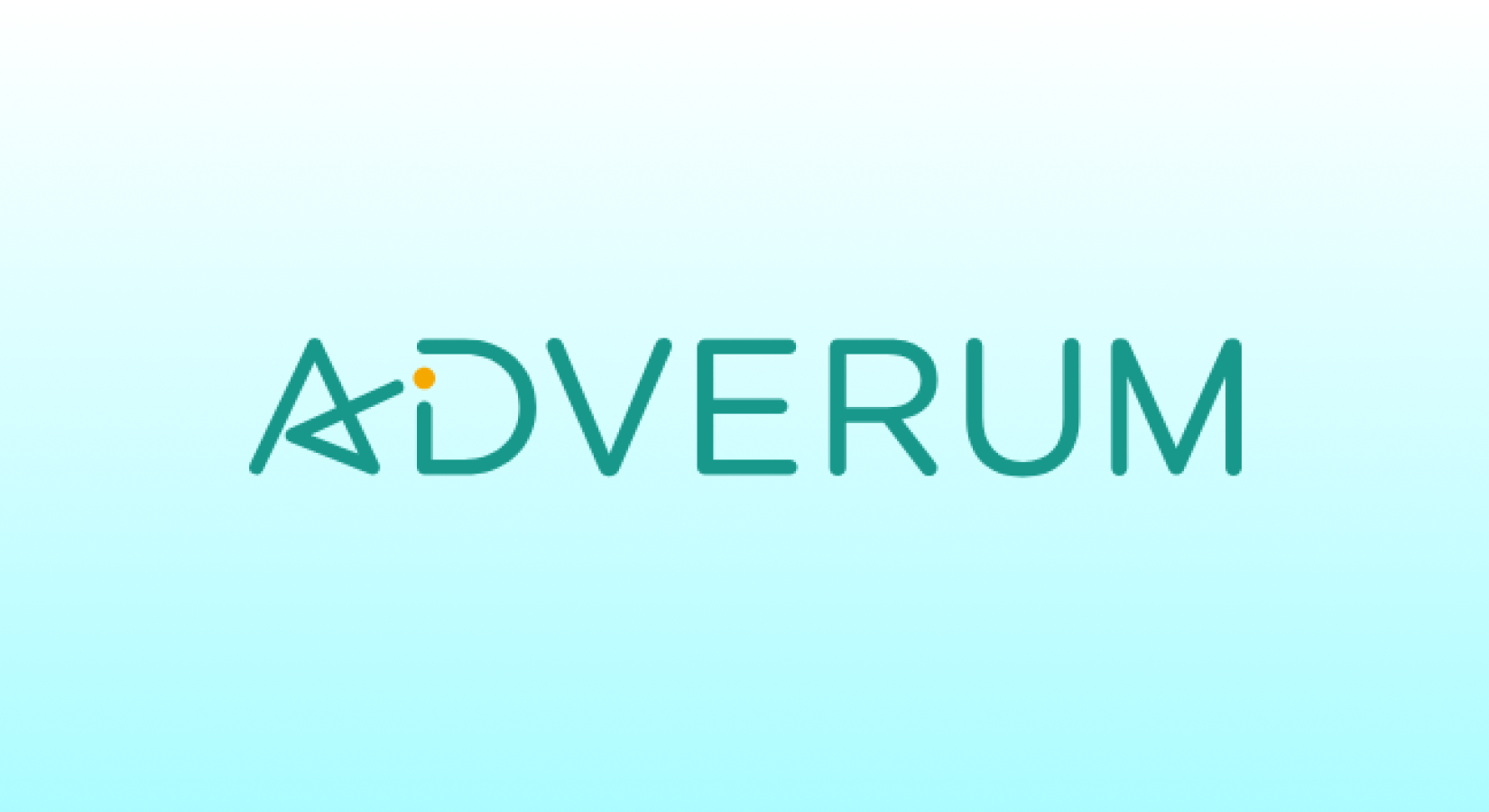Adverum Initiates ARTEMIS Phase 3 Trial To Evaluate Ixo-vec Gene Therapy For Wet AMD Treatment
Adverum begins Phase 3 ARTEMIS trial for Ixo-vec, a one-time gene therapy for wet AMD.
Breaking News
Mar 04, 2025
Simantini Singh Deo

Adverum Biotechnologies has launched the ARTEMIS Phase 3 trial to assess the safety and effectiveness of Ixo-vec (ixoberogene soroparvovec) as a one-time intravitreal injection for patients with neovascular (wet) age-related macular degeneration (AMD). The study aims to explore the potential of gene therapy in reducing the need for frequent anti-VEGF injections, offering a long-term treatment alternative for wet AMD patients.
Laurent Fischer, M.D., president and chief executive officer of Adverum Biotechnologies, commented, “Gene therapy is recognized as the most exciting modality on the horizon for the treatment of wet AMD. The initiation of the Phase 3 ARTEMIS trial demonstrates our commitment to transforming the landscape with a one-time IVT injection to help restore vision and prevent blindness. With over 4 years of experience, we are at the forefront and believe Ixo-vec is positioned as a best-in-class therapy to provide potentially lifelong benefit to patients who depend on frequent injections to preserve their sight. Huge kudos to my colleagues at Adverum who have worked expeditiously to initiate ARTEMIS, a pioneering effort, and who have consistently outperformed our ambitious timelines.”
“Leveraging our robust data for Ixo-vec, the ARTEMIS Phase 3 trial was designed to enhance the potential for clinical, regulatory and commercial success. We have been thrilled by the enthusiasm of retina specialists for this design, including studying Ixo-vec in both treatment-naïve and previously treated patients, which we expect will increase the speed of enrollment and generate a registrational dataset representative of real-world patient demographics. We are eager to generate the data necessary to seek regulatory approval and ultimately establish Ixo-vec as a transformative treatment option for a broad spectrum of wet AMD patients,” stated Rabia Gurses Ozden, MD, Chief Medical Officer at Adverum.
ARTEMIS is a U.S.-based trial enrolling approximately 284 patients, including both treatment-naïve and previously treated individuals. Participants will receive either a single dose of Ixo-vec (6E10 vg/eye) or aflibercept (2mg) every eight weeks. The primary measure of success is the mean change in best corrected visual acuity (BCVA) from baseline at one year, with a non-inferiority margin of -4.5 letters. In accordance with FDA recommendations, all patients will first receive three loading doses of aflibercept before Ixo-vec administration. Both groups will also have access to supplemental aflibercept injections and prophylactic steroid eye drops.
“There continues to be a tremendous unmet need for longer-acting anti-VEGF therapies. Underscoring the unmet need, recent data indicate that up to 42% of patients stop treatment for wet AMD after 2 years, which results in poor long-term vision outcomes. Ixo-vec’s potential to dramatically reduce treatment burden, provide lifelong injection freedom and enhance long-term vision outcomes could deliver a compelling benefit for a large proportion of wet AMD patients,” said Dr. Dante Pieramici, Medical Director of Research, California Retina Consultants and an investigator for ARTEMIS.
He also said, “Consistent with the strong patient preference for Ixo-vec indicated by LUNA patients, there is great interest from my patients when they hear about a therapy like Ixo-vec that has the potential to treat their disease with a single injection. I’m delighted to have served as an investigator for both OPTIC and LUNA, and I look forward to working with the Adverum team on the ARTEMIS pivotal study.”
Dr. Sean Adrean, Partner, Retina Consultants of Orange County and an investigator for ARTEMIS, commented, “When designing registrational trials for patients with wet AMD, it’s not always feasible to study the therapeutic agent in a patient population that closely represents the real-world. Adverum’s inclusion in ARTEMIS of both treatment-naive and treatment-experienced patients is intended to address a broad patient population, including those with the highest treatment burden.
Based on its design, I expect the data coming out of the ARTEMIS trial will be highly informative and answer the key question of how Ixo-vec is expected to perform in those patients with high injection burdens and would most benefit from gene therapy. Looking back over 2 years ago, it was a pleasure to kick-off enrollment in LUNA, Ixo-vec's Phase 2 clinical trial, and be part of that successful trial. Now today, it’s a thrill to be one of the first sites to begin screening patients and contribute to Ixo-vec's Phase 3 clinical trial.”
This is the first of two planned Phase 3 studies for Ixo-vec in wet AMD. The second study, AQUARIUS, will be conducted globally, with further details to be announced. ARTEMIS marks a significant step in Adverum’s mission to advance gene therapy as a transformative approach to treating prevalent ocular diseases.
Dr. Carl Danzig, Rand Eye Institute and an investigator for ARTEMIS, stated, “Delivering continuous levels of aflibercept to reduce treatment burden and improve visual outcomes may be even more profound in treatment of naïve patients. In OPTIC and LUNA, Ixo-vec has demonstrated the ability to durably produce therapeutic levels of aflibercept with an acceptable long-term safety profile, suggesting a potential lifelong benefit with a therapy that is well tolerated. It’s a great pleasure to be a part of this registrational program, and I look forward to working with the Adverum team to generate data to more fully elucidate Ixo-vec’s therapeutic potential for my patients.”
